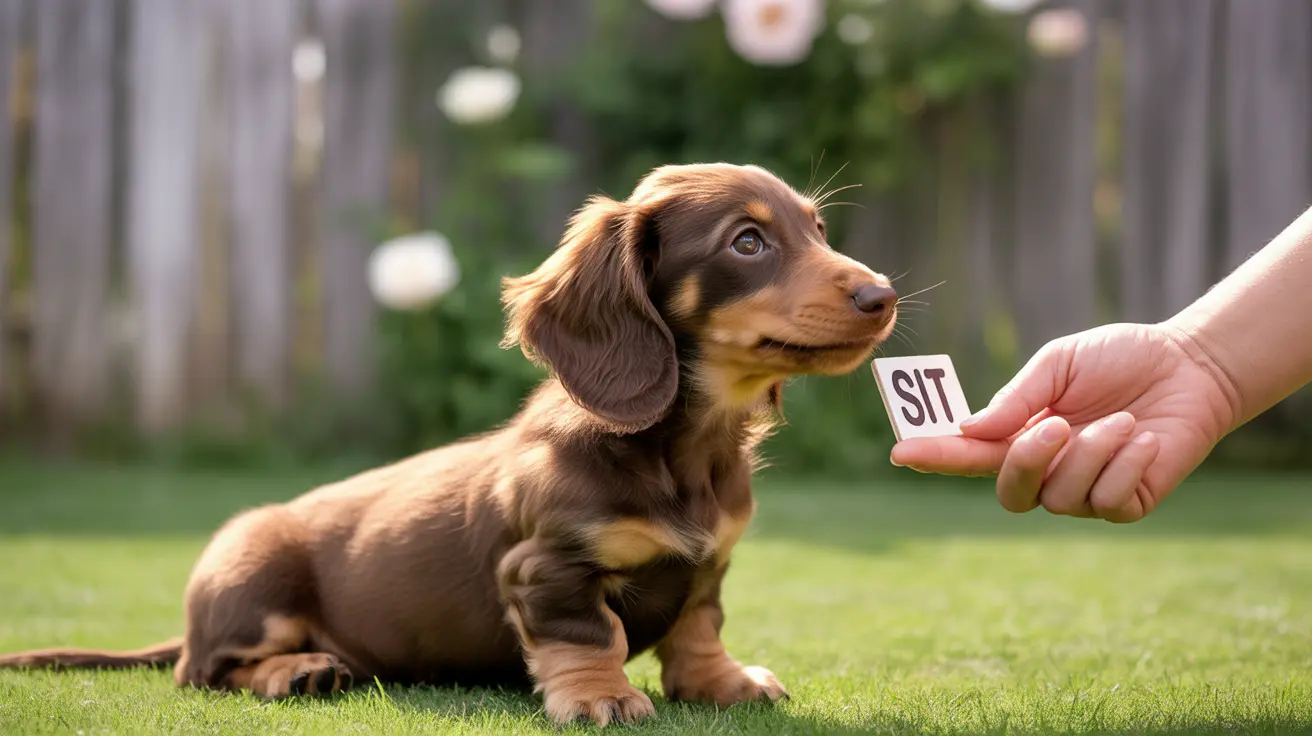Understanding Your 8 Week Old Puppy's Needs
Bringing home an 8 week old puppy marks the beginning of an exciting journey in pet parenthood. This critical age represents a significant transition period as your puppy leaves their littermates and adapts to their new family environment.
During this foundational stage, your puppy's physical, emotional, and behavioral development requires careful attention and structured support. Understanding and meeting their specific needs will help ensure a smooth transition and set the groundwork for a well-adjusted adult dog.
Establishing a Feeding Schedule
An 8 week old puppy requires frequent, structured meals to support their rapid growth and development. Most puppies this age need three to four meals daily, spaced evenly throughout the day. Choose a high-quality puppy food specifically formulated for their age and size.
Maintain consistent feeding times to help establish routine and aid in house training. Fresh water should always be available, but monitor intake, especially around bedtime, to support successful crate training.
Creating the Perfect Sleep Environment
Your 8 week old puppy needs 18-20 hours of sleep daily to support healthy growth. Set up a quiet, comfortable sleeping area using a properly sized crate or designated bed. This space should feel safe and secure, helping your puppy develop independence and good sleeping habits.
During the first few weeks, expect to wake up once or twice during the night for bathroom breaks. This need will gradually decrease as your puppy's bladder control improves.
Essential Training Foundations
Start training immediately, focusing on positive reinforcement methods. Keep sessions short – just 5-10 minutes – but conduct them multiple times throughout the day. Priority skills include:
- Basic name recognition
- Crate training
- Potty training basics
- Gentle leash introduction
- Simple commands like "sit" and "come"
Socialization and Environmental Exposure
The period between 8-16 weeks represents a crucial socialization window. Carefully expose your puppy to various experiences, including:
- Different surfaces and textures
- Various household sounds
- New people (of different ages and appearances)
- Other vaccinated pets
- Different environments within safe boundaries
Health and Veterinary Care
Schedule your puppy's first veterinary visit within days of bringing them home. This visit should include:
- A complete physical examination
- Discussion of vaccination schedule
- Parasite prevention planning
- Growth and development monitoring
- Nutritional counseling
Exercise and Play Guidelines
While exercise is important, avoid overexertion in young puppies. Follow the five-minute rule: five minutes of structured exercise per month of age, twice daily. Complement this with several short play sessions throughout the day using appropriate puppy toys.
Frequently Asked Questions
How often should I feed an 8-week-old puppy, and what type of food is best for them?
Feed your 8-week-old puppy 3-4 times daily using high-quality puppy food specifically formulated for their age and breed size. Consult your veterinarian for specific portion recommendations based on your puppy's projected adult size.
What are some essential socialization activities for an 8-week-old puppy to prevent fear-based behaviors?
Focus on gentle exposure to various people, sounds, surfaces, and experiences. Include meeting friendly vaccinated dogs, experiencing different floor textures, hearing household appliances, and meeting people wearing different accessories (hats, sunglasses).
How do I start training an 8-week-old puppy, and what are the most important commands to teach first?
Begin with basic commands like "sit," "come," and their name. Use positive reinforcement with treats and praise, keeping sessions short (5-10 minutes). Focus on crate training and house training as primary goals.
Why is it important to gradually leave an 8-week-old puppy alone for short periods, and how can I prevent separation anxiety?
Gradual alone time helps prevent separation anxiety by teaching independence. Start with brief periods (5-10 minutes) and slowly increase duration. Always provide a comfortable space with engaging toys and make departures/arrivals low-key.
What is the recommended exercise routine for an 8-week-old puppy, and how can I ensure they get enough physical activity without overexerting them?
Follow the five-minute rule: five minutes of structured exercise per month of age, twice daily. Include several short play sessions throughout the day, monitoring for signs of fatigue. Avoid high-impact activities and focus on gentle play and exploration.
Conclusion
The first few weeks with your 8 week old puppy lay the foundation for their future development. Focus on consistent routines, positive reinforcement, and gradual exposure to new experiences. Remember that every puppy develops at their own pace, so remain patient and celebrate small victories along the way.
With proper care, attention, and love during this crucial period, you'll help your puppy grow into a confident, well-adjusted adult dog. Always consult with your veterinarian for personalized advice based on your puppy's specific needs and development.






